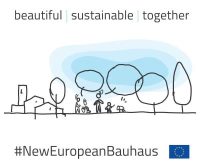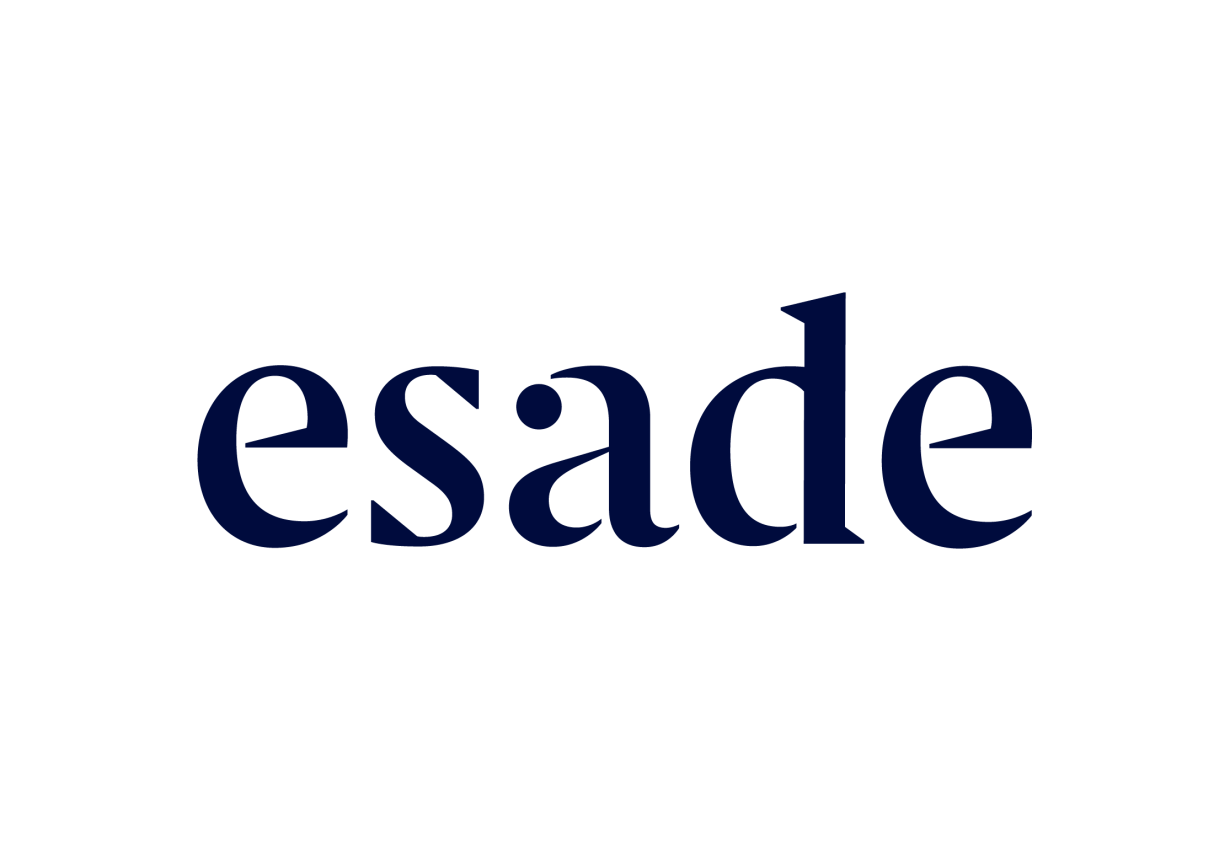The relationship between broadband quality and income or unemployment is not straightforward but rather is based on complex mechanisms, according to the results of a STAREBEI research with Chalmers University (Sweden) presented on 3 February 2021.
The research topic was “Impact of broadband quality on median income and unemployment: Empirical evidence from Sweden”. There is some evidence of the existence of a substitution effect between new ICT technologies and more complex tasks performed by high-skilled workforce but overall broadband quality can be seen as a tool to increase digital inclusion and reduce the digital divide, explained Maude Hasbi (Chalmers).
Progress in Artificial Intelligence has led to an unprecedented level of development in many industries (e-health, transportation, automation…). Thus very high-speed broadband is seen as a key enabler for socio-economic development as it increases companies competitiveness as well as the attractiveness of territories for companies. Many countries have adopted a national broadband plan to ensure the whole coverage of their territory and Sweden is the most advanced in this respect.
Click here for the research.
STAREBEI (STAges de REcherche BEI-EIB research internships) is a programme that provides grants to universities in order to finance junior researchers carrying out research projects proposed by the EIB Group (EIB and EIF) under the joint supervision of a university tutor and an EIB co-tutor. To date, 62 young researchers from 40 universities in 14 European countries have benefited from the STAREBEI programme.
You can access the research map here and/or download a list of the previous projects here.





